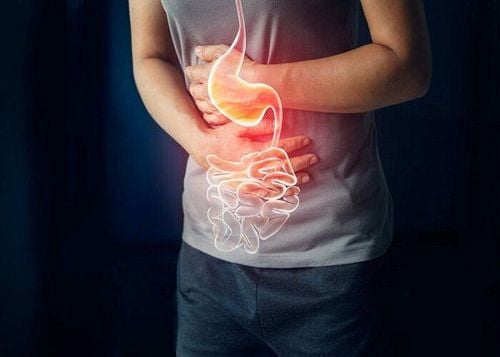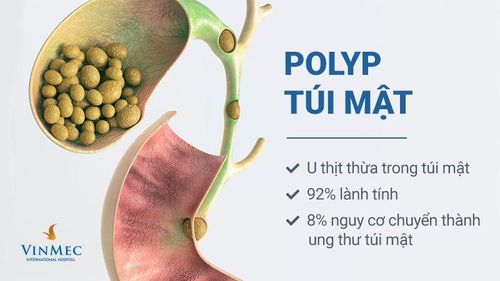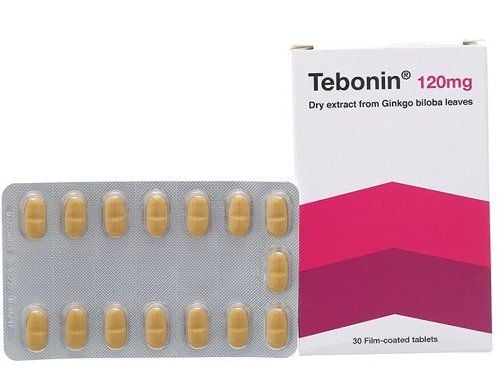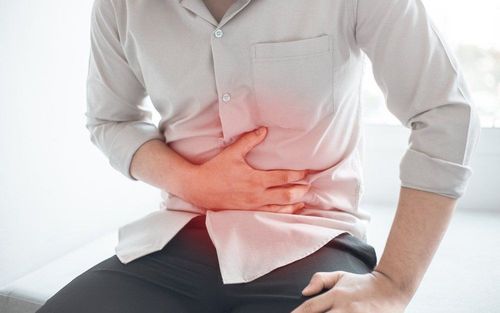This article is professionally reviewed by MSc, Dr. Vũ Huy Bình - Expert in Gastrointestinal Endoscopy, Department of General Medicine & Internal Medicine, Vinmec Hai Phong International Hospital.
Experiencing stomach pain when hungry, especially if accompanied by symptoms like acid reflux, heartburn, bloating, or indigestion, is a clear sign of potential stomach issues. These discomforts not only disrupt your well-being but also take a toll on your overall health and quality of life.
1. Causes of stomach pain when hungry
Stomach pain during hunger often stems from disruptions in the stomach's normal functioning, leading to digestive imbalances. Normally, the stomach secretes gastric acid and contracts to process food. When the amount of gastric acid produced is either too much or too little compared to the body's needs, it stimulates irregular stomach contractions, either overly strong or weak. This is the key factor causing stomach pain during hunger.
When the stomach produces less acid than needed, the digestion process slows down, leaving food to linger in the stomach longer than it should. This leads to symptoms like bloating and indigestion, particularly after eating. On the other hand, excessive gastric acid can erode the stomach lining, resulting in inflammation or even gastric ulcers.
The situation becomes more severe when the stomach remains empty for prolonged periods. In such cases, gastric acid continues to be secreted without any food to process, intensifying its corrosive effects on the stomach lining.
If you experience signs of stomach pain when hungry, it may sign of underlying stomach conditions such as:
- Gastric inflammation and ulcers: The pain associated with gastric ulcers can vary from dull aches to sharp, intense discomfort, depending on the location and severity of the inflammation. Stomach pain is often more pronounced when hungry or after consuming irritating foods and beverages.
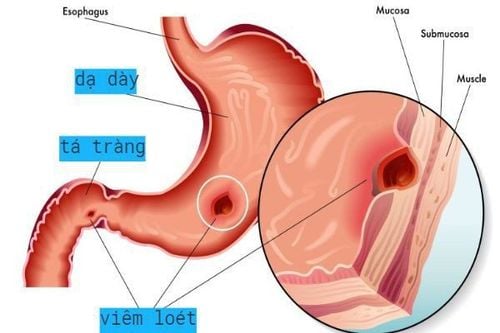
- Gastric Mucosal Inflammation: This condition is similar to gastric ulcers and can cause significant fatigue due to the constant pain experienced daily.
- Duodenal Ulcers: The inflammation caused by gastric acid gradually erodes the duodenum, leading to duodenal ulcers.
- Gastroesophageal Reflux Disease (GERD): Reflux can reach the throat, causing damage to the esophagus, pharynx, and larynx, posing serious health risks. This occurs due to a weakening of the lower esophageal sphincter.
- Gastric Bleeding: This occurs when the gastric mucosa becomes inflamed, ulcerated, and bleeds, a critical condition that can lead to blood loss and anemia. Without timely detection and treatment, it can be life-threatening.
If patients are careless and ignore stomach pain symptoms without seeking timely treatment, the condition can worsen, leading to unpredictable complications that may even pose a direct threat to their life.
2. Symptoms of stomach pain when hungry
- Epigastric Pain: This pain can vary from a mild discomfort to sharp, cramping sensations, or a burning, gnawing feeling in the upper abdomen or chest area.
- Belching, Acid Reflux, and Bloating: Belching, acid reflux, and bloating are common symptoms of stomach pain when hungry. These symptoms are not usually severe, they often go unnoticed or are overlooked.

- Digestive disorders: Stomach pain often leads to digestive disturbances in patients, such as diarrhea, undigested stools, or constipation, resulting in fatigue and discomfort.
- Loss of appetite and weakness: Fatigue from stomach pain can cause a lack of interest in food. As gastric acid production decreases, patients may experience a bitter taste in their mouth and a loss of appetite. If this condition persists, it can lead to rapid weight loss and physical weakness.
- Feeling of fullness after eating: Most cases of bloating after meals subside quickly. However, if this sensation persists for too long, it can develop into more severe symptoms, with increasing risk to the patient's health.
3. Prevent stomach pain when hungry
To prevent stomach pain when hungry, you should follow these methods:
- Avoid going too long without eating: One of the best ways to prevent stomach pain is to avoid letting your stomach stay empty for too long. Skipping meals or eating irregularly can disrupt your digestive system and worsen the pain. If you frequently skip meals or eat erratically, your stomach pain will likely intensify over time
- Eat regularly, eat slowly, and chew thoroughly: In addition to avoiding long periods without food, it’s important to eat at regular intervals, eat slowly, and chew your food well.
- Avoid distractions such as talking or watching TV while eating, as these can interfere with your ability to eat mindfully, slowing down digestion and promoting better stomach health.
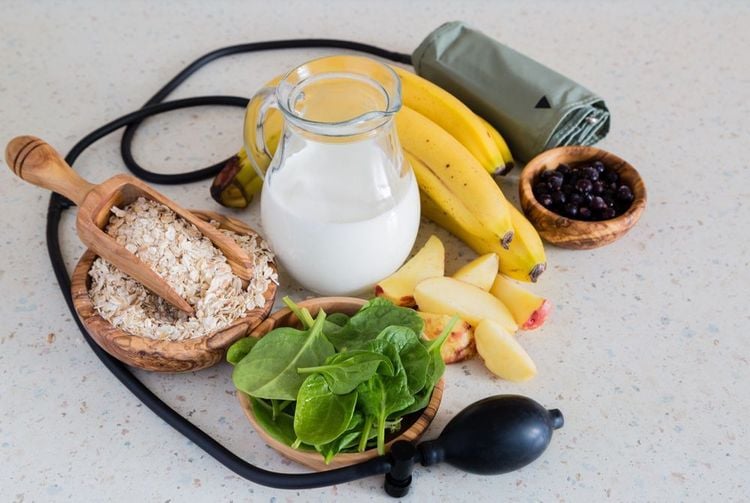
- If you're feeling hungry or need relief from pain, try consuming light, easily digestible foods like sweets or simple carbohydrates such as bread, porridge, or soup to ease the discomfort.
- Patients should avoid foods that irritate the stomach lining, such as oranges, lemons, tangerines, grapefruits, tobacco, alcohol, beer, fermented foods, tea, spicy foods, and fried dishes. These substances can stimulate increased acid production in the stomach, worsening the pain.
To schedule an appointment at the hospital, please call HOTLINE or book directly HERE. Download and schedule your appointment automatically via the MyVinmec app to manage, track appointments, and book at any time, anywhere directly on the app.






